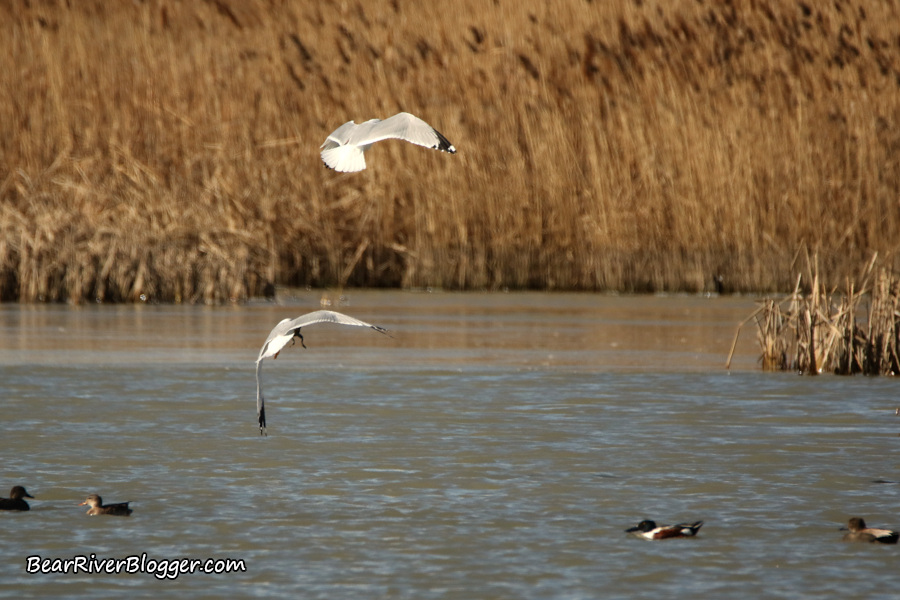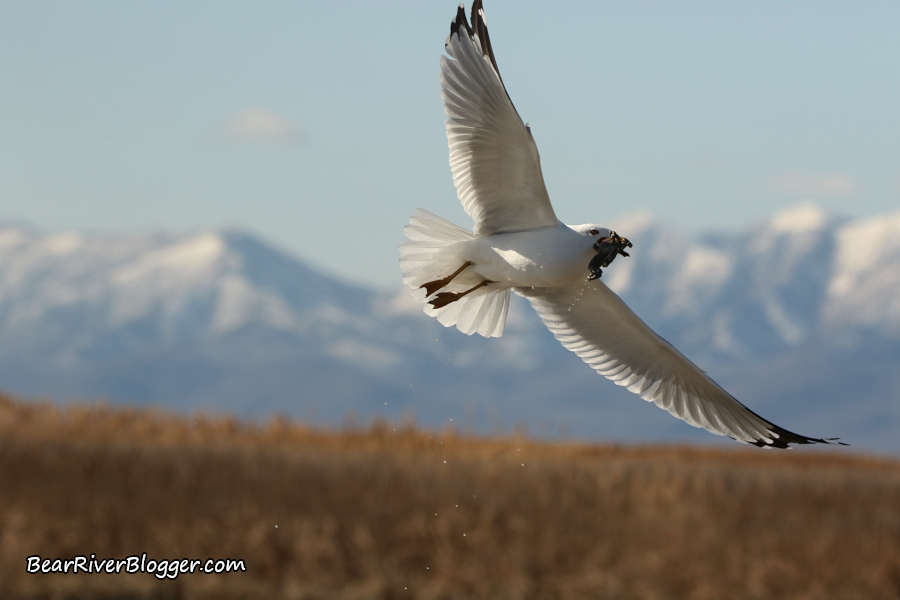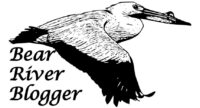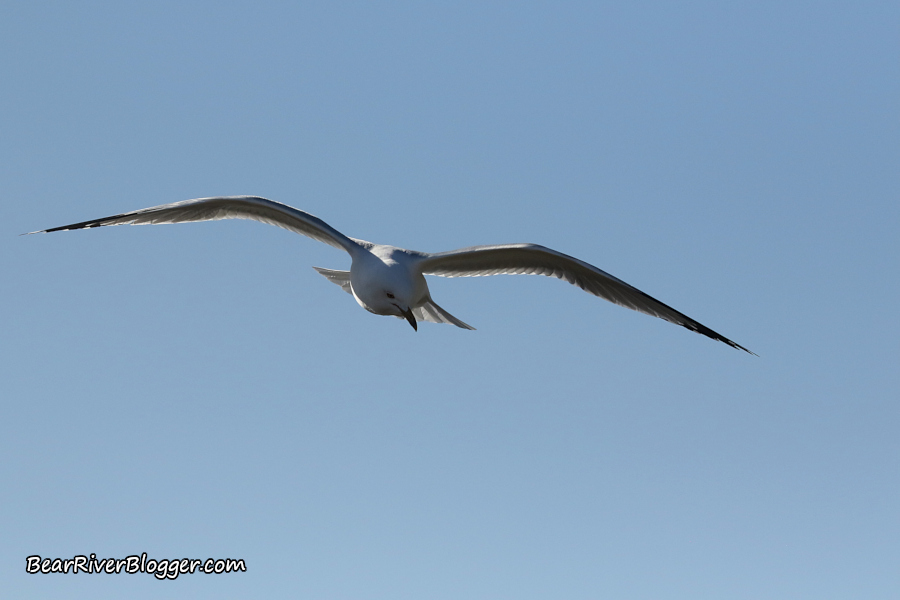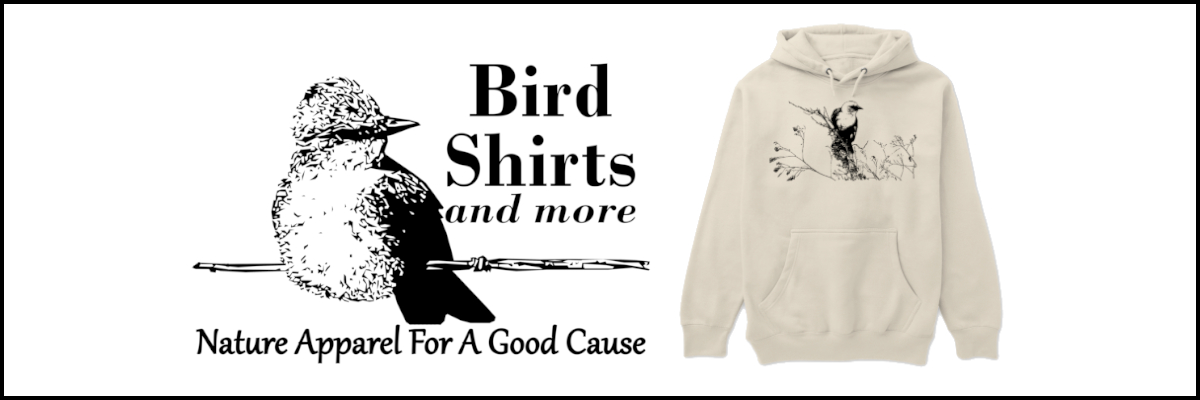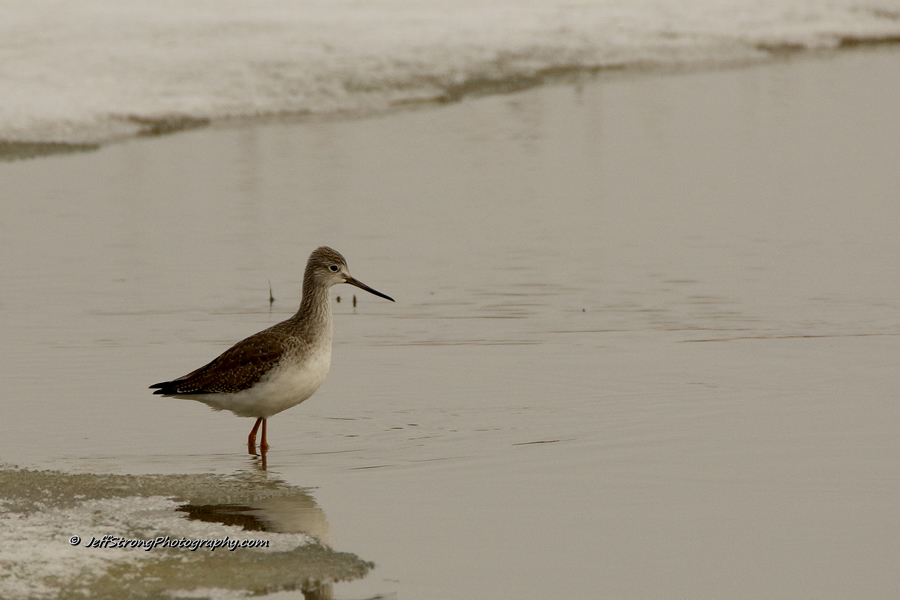Let me start by saying being a nature blogger, yes, that’s a real thing by the way, is an interesting endeavor, to say the least, and here’s why.
I never, ever know what, if any actually, photos and stories I’ll be coming home with on any particular trip around the famous Bear River Migratory Bird Refuge auto tour route, or anywhere else for that matter, and today was most certainly one of those kinds of days indeed.
This morning, as it is on most of these blogging trips, started out in a normal fashion as I headed down Forest Street towards the auto loop with my mind locked in high gear, constantly pondering what kind of birds I might find and would there be anything unusual or out of the ordinary today to photograph and write about for this website.
Now I will admit right here, right now that I have my favorite birds, many of us birdwatchers and nature photographers do, and, in all honesty, I was hoping on this particular trip for something unique with one of them.
I thought possibly a pelican, or a meadowlark, or maybe a even great blue heron could somehow, someway enlighten the 12-mile bird refuge drive for me, that is, of course, if I strangely got my way on the matter, but, unfortunately, and to no big surprise, it wasn’t to be.
As I sat parked along the northwest corner of the auto loop and after just photographing some tundra swans, a ring-billed gull that seemed overly compelled to meticulously circle a nearby corner of the pond I was watching, without the slightest hint or signal, dove into the shallow water right in front of me.
Fortunately, however, it happened while I was actually trying to photograph this particular gull in flight or, as you will soon learn, today’s blog post would be picture-less and, as a result, not have much weight to it.
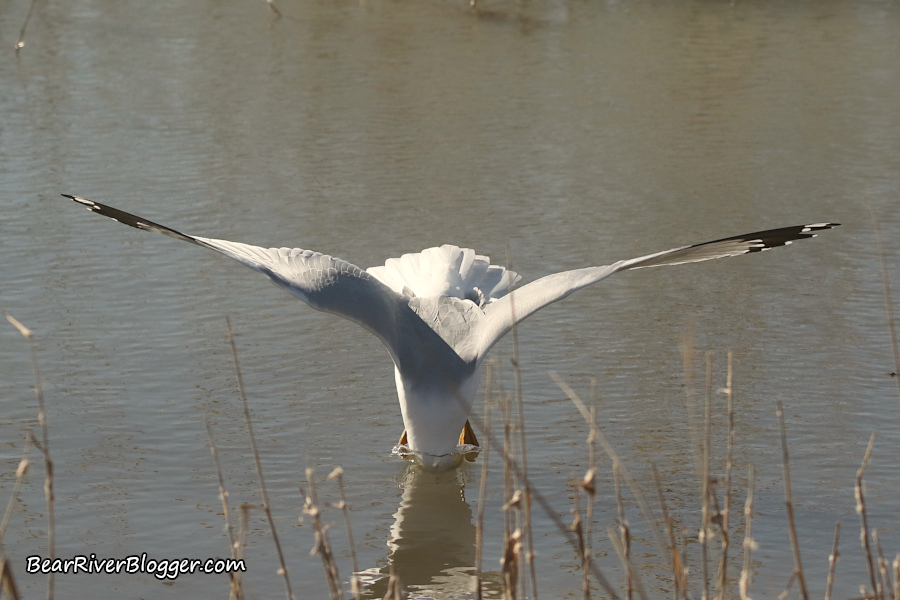
Ring-billed gulls are omnivores and well known for having a most varied and extensive diet, eating anything from fish to insects and worms, to rodents, to grains, and, sadly, even bits and pieces of human food waste and garbage.
In fact, it’s been said anything with both a measurable food value to it and that they can catch and swallow is literally on the ring-billed gull’s menu and considered food by this sea-type of bird.
But even so, it was a total surprise for me today to watch and photograph a ring-billed gull dive down, catch, and fly off with a very large frog on the Bear River Migratory Bird Refuge auto tour route.
Simply put, from what I had just witnessed ring-billed gulls can and do eat frogs, even large ones like the northern leopard frog that is found on the Bear River Migratory Bird Refuge wetlands, and most likely was what species this particular frog was.
The frog was so big I’m still not certain how the gull was actually going to swallow it but, unfortunately, I never got the chance to learn.
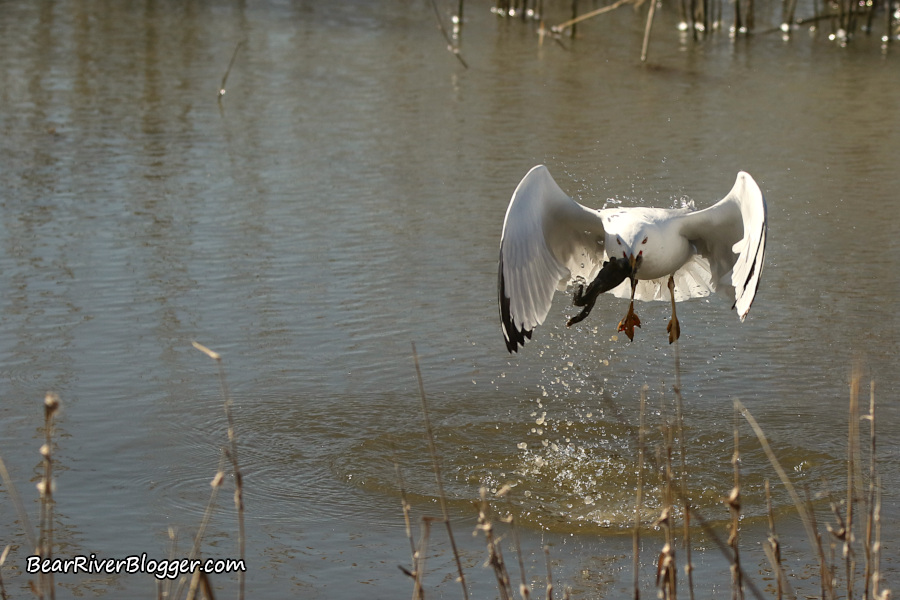
As soon as it was known the seabird had food in its beak, another nearby ring-billed gull started to chase and horas the first gull, shown in the image below, in hopes of forcing it to give up and drop the large frog it had just obtained and, well, that was the last I saw of either of the two birds so I continued my journey around the auto tour route.
Ring-billed gulls are a very common bird on the Bear River Migratory Bird Refuge but this was the first time I had ever seen one dive down into the water and pull up something as big as a large frog.
It just goes to show how birds like the ring-billed gull can survive by being able to eat a wide variety of food, no matter how big or small it is.
If you are an avid birdwatcher like myself, I offer you to visit our subscribe page and sign up for email notifications for future blog posts where I aspire to enlighten as well as entertain you with the fascinating parts of nature I love to photograph and share with you on this website.
For those that use social media outlets we now have a Bear River Blogger Facebook page you can follow where we do quick updates and images regarding our birdwatching trips to the Bear River Migratory Bird Refuge, interesting tidbits too small to conjure up and write a complete blog post like this one.
(The Dance Of The Greater Sage Grouse. For short nature photography tips and interesting stories about the natural world around us, subscribe to our Bear River Blogger channel on YouTube for videos and updates from our travels while out in nature, both on and off of the famed Bear River Migratory Bird Refuge.)
